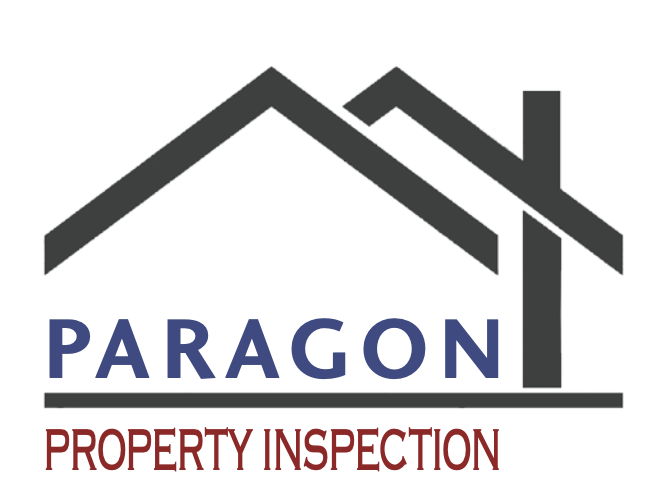Our Services
Home Inspections
Our Home Inspections adhere to standards set forth by ASHI (the American Society of Home Inspectors). Home inspections are a visual examination of a home and its structure and components. A home inspection may identify major repairs that are needed or builder oversights, as well as maintenance repairs that are needed to keep it in good shape.
Following ASHI guidelines, our inspector’s report will cover the condition of the home's heating system, central air conditioning system (temperature permitting), interior plumbing system, electrical system, roof, attic and visible insulation, walls, ceilings, floors, windows and doors, foundation, basement, and structural components.
We perform home inspections for both home sellers (pre-inspection) and buyers. Sellers can use inspections to make repairs or perform maintenance that will improve the selling condition of their house.
Buyers who get a home inspection before purchasing can gain insight and valuable knowledge about a house that will give them confidence in their home buying decision. Even buyers who waive a home inspection to win a bid on a house can have a home inspection performed after the sale to avoid being surprised by expensive repairs that may be needed shortly after purchase.
We have over a decade of inspection experience including single-family homes, townhomes, condos, apartment buildings, and barns and other out-buildings. Sample inspection reports are available upon request.
Mold Testing
Mold spores are present in the air just about everywhere on earth, including in houses. This is normal. However, excessive moisture, leaks, or dampness can provide suitable conditions for these spores to grow to abnormal levels in a house.
Air sampling can be performed to help determine if an active mold source is present in a house, and if so, what type. Surface sampling can be used on a suspect area to determine if it is mold, and again, the type can be ascertained.
We are experienced mold testers with the knowledge and equipment to accurately test your house for mold. Having a mold test performed will help homeowners know if remediation is necessary and provide peace of mind.
Radon Testing
Radon is an odorless, colorless gas that comes from the decay of small amounts of uranium in the soil. It can enter houses through sump pits and cracks in the basement floor and foundation. Radon is the number 1 cause of lung cancer among non-smokers.
Different areas of the country have more or less radon-causing uranium in the soil. Unfortunately, eastern Nebraska and Western Iowa have relatively high amounts of uranium, and thus the houses in this area are more likely to have elevated levels of radon.
Many factors pertaining to the construction of a given house go into determining the radon level in that house. This means that the radon level in one house cannot be guessed from the levels in neighboring houses. Testing is the only way to find out what the radon level is in your house. We use continuous radon monitors (CRM) which require 48 hours to figure an average radon level.
If the radon level in a house if found to be higher than the EPA recommended level of 4 pCi/L (picocuries per liter), a mitigation system can be installed to lower the level. Radon tests, by their nature, would be very difficult to manipulate with certainty to achieve either a higher or lower test result.
However, we do not install mitigation systems so we have no incentive to influence the tests in any way. If you are working with a real estate agent, they probably have the names of some mitigation companies that they have worked with in the past. Alternatively, we can provide a list of some mitigation companies in the area.
